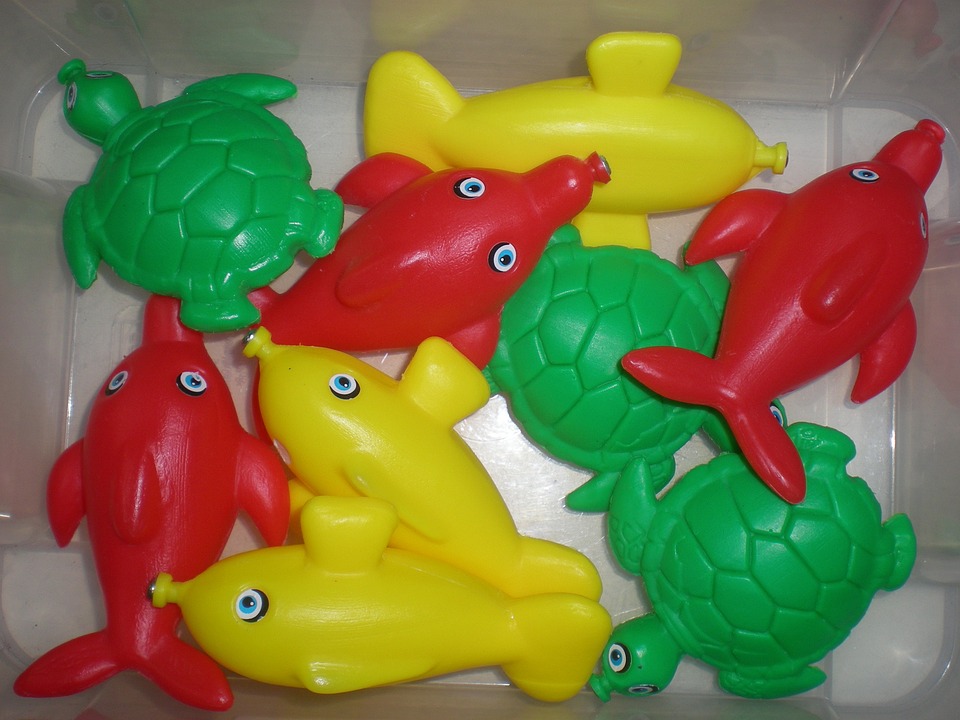Understanding the Fascinating Behavior of Schooling Fish Species in Tanks
Introduction:
Fish are captivating creatures that display a wide range of behaviors. One of the most intriguing behaviors exhibited by certain fish species is schooling. Schooling fish species swim together in synchronized motion, creating mesmerizing patterns in tanks. In this article, we will delve into the fascinating behavior of schooling fish and explore the reasons behind their collective behavior.
I. What is Schooling Behavior?
A. Definition of schooling behavior
B. Differentiating schooling from other types of fish behavior
II. Advantages of Schooling Behavior
A. Increased protection against predators
B. Enhanced foraging and feeding efficiency
C. Improved chances of finding mates and reproduction
D. Cooperative defense strategies
III. Mechanisms of Schooling Behavior
A. Visual cues and communication
B. Hydrodynamic advantages
C. Social hierarchy and leadership
D. Environmental factors influencing schooling behavior
IV. Common Schooling Fish Species
A. Neon Tetras
B. Zebra Danios
C. Silver Dollar Fish
D. Cardinal Tetras
E. Rasboras
V. Setting Up an Ideal Tank for Schooling Fish
A. Tank size and shape considerations
B. Suitable tank mates for schooling fish
C. Creating hiding spots and open spaces
D. Maintaining water quality for optimal behavior
VI. FAQs (Frequently Asked Questions)
A. Can schooling fish survive without a group?
B. How many fish should be kept in a school?
C. How can I encourage schooling behavior in my tank?
D. Are there any risks associated with keeping schooling fish?
E. Can different species of schooling fish be kept together?
Conclusion:
Observing the behavior of schooling fish species can be a captivating experience for any aquarium enthusiast. Understanding the advantages, mechanisms, and requirements for schooling behavior allows us to create an environment that supports their natural tendencies. By providing the optimal conditions, we can witness the mesmerizing patterns and collective harmony displayed by these fascinating creatures in our own tanks.









